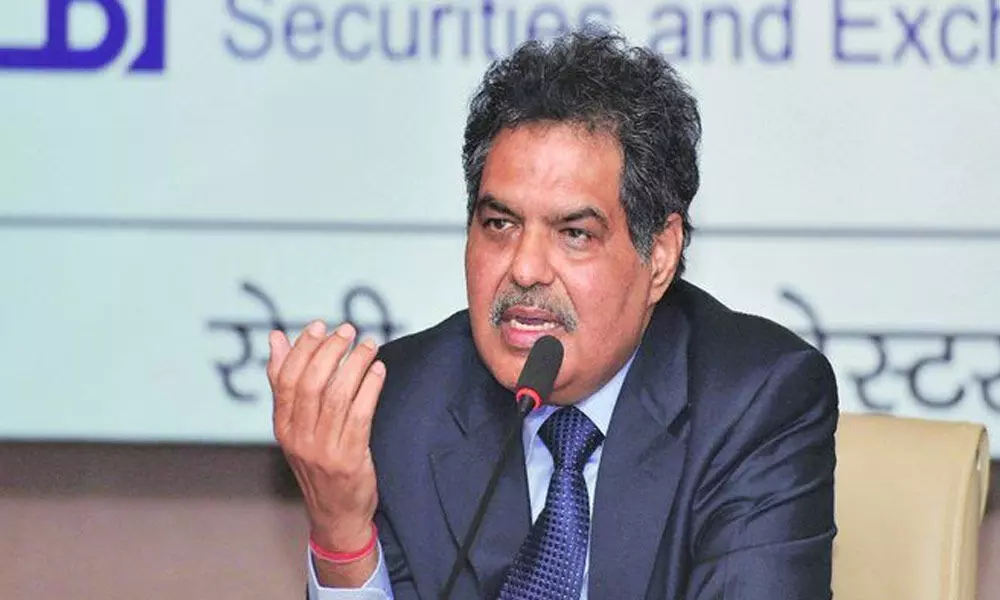Not forcing anyone to invest in small-caps

Sebi chief Ajay Tyagi
Mutual Funds are not banks, shouldn’t behave like one
New Delhi: Sebi chief Ajay Tyagi on Tuesday said the markets regulator was not forcing anyone to invest in small-caps and investment should always be in the interest of investors amid new portfolio allocation rules for multi-cap mutual fund schemes. He further said the recent framework that directs multi-cap mutual fund schemes to invest at least 25 per cent of their corpuses each in large-cap stocks, mid-caps and small-cap stocks would ensure that such schemes remains true to label.
Further, the Sebi chief made remarkable statement on mutual funds (MFs) saying that they're not banks and should not attempt to behave like one.
The remark comes against the backdrop of some mutual fund houses giving moratorium to borrowers in recent months on the lines of banks. Addressing members of industry body Amfi (Association of Mutual Funds in India) during its 25th annual general meeting, Tyagi said, "debt mutual funds must remember at all times that there is a difference between investing and lending. Mutual funds are not banks and shouldn't attempt to behave like one." Unlike banks there are neither capital adequacy requirements for mutual funds nor do they have the 'lender of last resort' comfort as banks have from RBI, the Sebi chief said. The true reflection of their portfolio in the net asset value (NAV) on daily basis is the cornerstone of transparency and investors' trust, he added. He further said there is a need to clearly strive more to make mutual funds popular beyond the top 50 cities in the country.
Earlier, there was no restriction on the investment that multi-cap schemes needed to make in large, mid and small-cap stocks and therefore majority of the multi-cap funds have run with a large-cap bias. Sebi's new portfolio allocation rule for multi-cap schemes raised concerns among the mutual fund industry and fund managers estimated that the move would result into Rs 30,000-40,000 crore moving out of large-cap to mid-cap and small-cap companies.
"Multi-cap form should be as per their name. We are not forcing anyone to invest in these caps (small-cap, mid-cap) and investment should be in the interest of investors," Tyagi said. According to him, improper categorization of mutual fund schemes will only lead to confusion amongst investors apart from the possibilities of mis-selling. He further said scheme category and its performance vis-a-vis benchmark are major inputs based on which investors decide whether to invest in a scheme or not.
"If a scheme portfolio is not true to its label, it might be giving very different risk return exposure to the unitholders of the scheme than what they have signed up for," he added. Sebi's norms for categorization of mutual fund schemes have two objectives, the scheme portfolio should reflect the name of the scheme and the scheme performance can then be compared against an appropriate benchmark. "The funds need to keep their scheme portfolios true to their label," he added.














